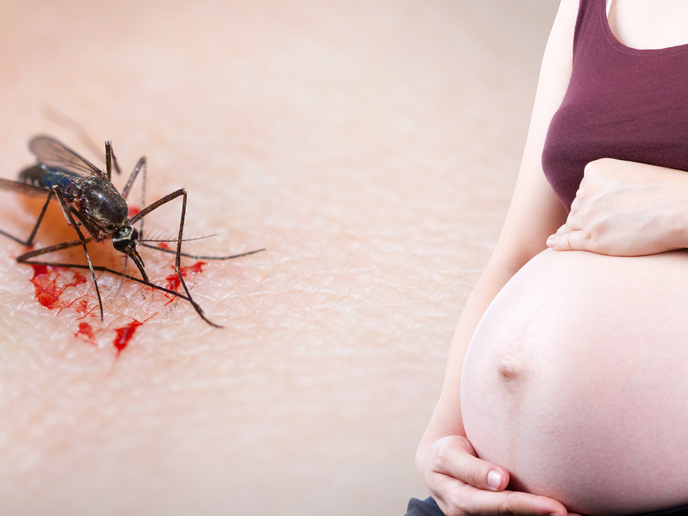Genetics of allergic asthma
With symptoms similar to asthma, allergic asthma disease is a chronic, immune-mediated inflammatory disease. It has an impact on those who suffer from the disease, but it also affects the economy. The disease costs Europe's health care system about EUR 25 billion a year. The project 'Environment, epigenetics and the initiation of allergic asthma' (ENEPIA) conducted an experimental study with mice to examine epigenetic changes linked to environmental factors. The focus was on whether parental allergic asthma would affect the susceptibility and severity of asthma in the offspring. Researchers used allergic and healthy female and male mice in this study. They mated the mice in every possible combination and then tested the offspring for allergic responses. Results suggest that the presence of allergic asthma in the offspring is dominated by allergic asthma in the mother. The offspring from mothers with allergic asthma developed the most severe allergies, whether or not the father was allergic or healthy. Allergy in the father had little impact on allergic asthma in the offspring. Study results shed light on the genetic pathway of allergic asthma, indicating the presence of allergic asthma in the mother is the primary predictor of its presence in the offspring. This finding has the potential to lead to a new understanding of the maternal environment and children's susceptibility to allergic disease. These findings also have broader implications. Not only do they have the potential to affect environmental exposure during pregnancy, they also may lead to prevention strategies in high-risk children. The long-term outcomes could be reduced health care costs and the increased well-being of future generations.







